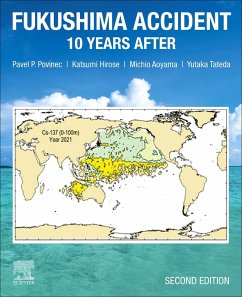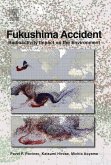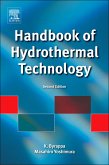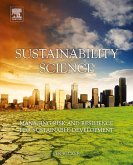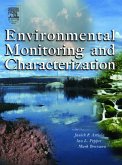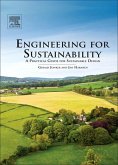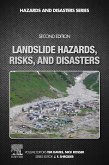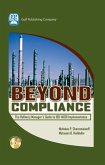This book informs environmental scientists, academics, and researchers in environmental science and nuclear energy as well as postgraduate students in the field of environmental science, radioactivity, and nuclear energy, on the present situation of radioactive contamination of Japan and in the world.
- Covers the Fukushima radioactivity impact on humans and the environment from the accident to the present
- Provides full information on radiation doses to Japanese citizens and biota, as well as to the world population, 10 years after the Fukushima accident
- Details transport of radionuclides in terrestrial and ocean environments, describing how to apply this information to ocean global circulation models and quantify radionuclide contamination of coastal regions
- Assesses future trends in radioactive contamination of the Fukushima site
Dieser Download kann aus rechtlichen Gründen nur mit Rechnungsadresse in A, B, BG, CY, CZ, D, DK, EW, E, FIN, F, GR, HR, H, IRL, I, LT, L, LR, M, NL, PL, P, R, S, SLO, SK ausgeliefert werden.

